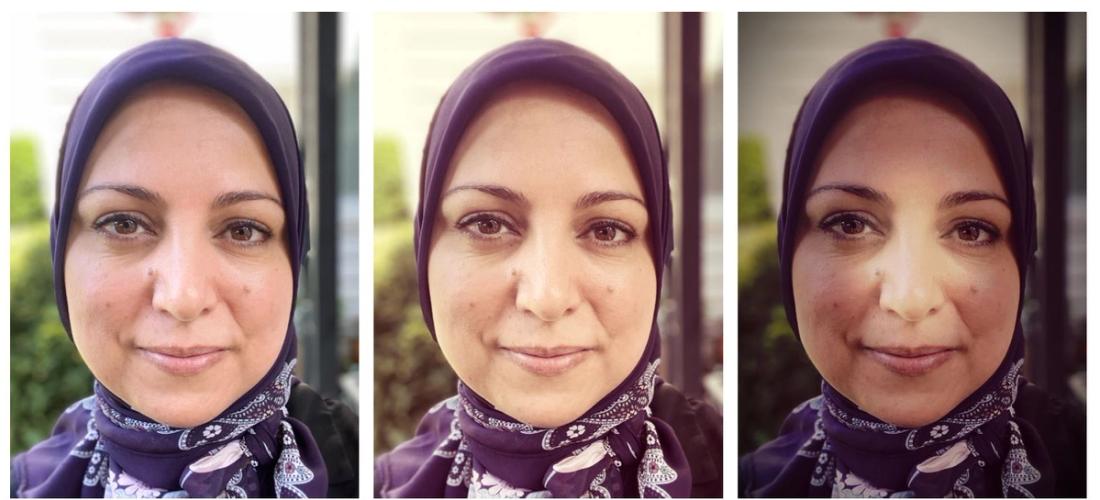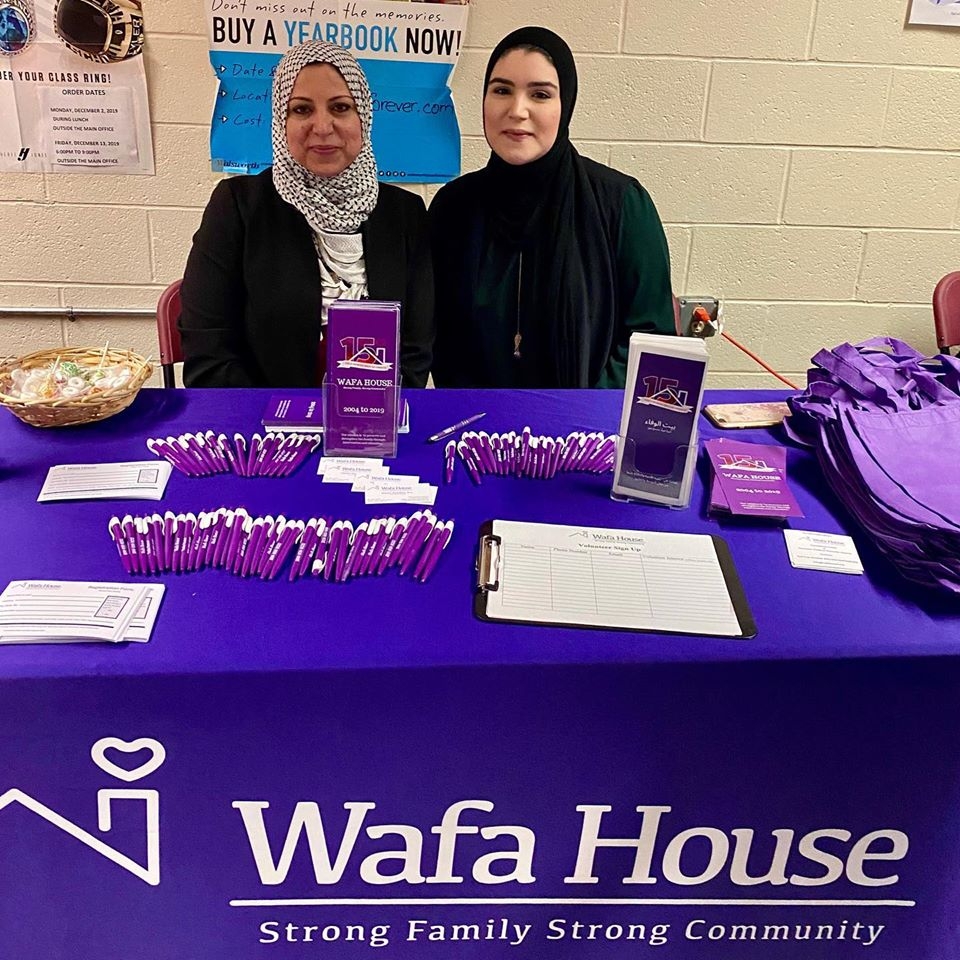Supporting Communities with Cultural Sensitivity – The Story of Widjan Abdallah and Wafa House
Community
|
Nov 30, 2023
|
4 MIN READ

Wijdan Abdallah
Editorial note: All this month, we are focusing on the stories of Muslim women working in charity, whether as the head of some charitable organization, doing volunteer work or anything in between. We are exploring what drives these women to give of themselves to others, how they balance that in their lives and what advice they have to encourage others to take up work to help those in need. To donate directly to Wafa House, click here.
Islamic teachings emphasize the importance of community service, considering acts of giving and helping as essential to the faith. The Quran and Hadith highlight the virtues of aiding those in need and promoting kindness. Engaging in acts of service is spiritually rewarding and brings a sense of fulfillment and purpose.
Through these acts, one deepens their connection with their faith and community, finding personal and spiritual growth. In Islam, serving others is a path to finding true meaning and direction in life, embodying the principle that in giving, we receive.
In a moving interview, Wijdan Abdallah, a dedicated school psychologist and board member of several organizations, serves as the President of Wafa House. She shares her inspirational journey with Wafa House, a pivotal agency offering comprehensive support to families grappling with DV, substance abuse and financial hardships.
Wijdan's commitment to Wafa House began as a volunteer role in 2008. She describes her early days: "After I started as a volunteer, I was hired part-time because we didn't have the budget." This dedication laid the foundation for the agency's growth, enabling it to secure the necessary funding and expand its services.
Bridging the Gap in the Community

Wijdan Abdallah on the left; image source: LaunchGood.
Drawing on her experience as a school psychologist, Wijdan's approach at Wafa House is deeply influenced by her professional background. She explains, "Clients would come in with different issues...I would cater to the immediate and specific issues, establishing rapport and trust for continuous support.” This method has been crucial in addressing the community's varied needs and identifying the agency’s niche.
Wafa House was founded in 2004 by Sr. Dorria Fahmy and Sr. Nawal Kahf to address domestic violence issues in Muslim communities. Sr. Dorria, who at the time was a volunteer for the Passaic County Women’s Center in Paterson, NJ as well as a Domestic Violence Responses Team member for her local police precinct, realized that DV victims of Middle Eastern and South Asian descent were “reluctant to leave their abusers in fear of being re-victimized by going to a place where they would not be able to acclimate. [And that] language barriers and cultural [and religious] insensitivity were the most challenging obstacles for victims.”
With the help of cofounder Sr. Nawal, who was a domestic violence counselor, Wafa House was born. The organization has assisted to date more than 3,500 families and on average 1,000 individuals and families every year, according to its website, with a nationwide client base as well as in the Middle East, Canada and the United Kingdom.
Wijdan's development within the agency mirrors its expansion. She shares her journey, "I transitioned from a role as a clinical counselor and case manager to an operations manager, and eventually assumed the position of executive director." Under her leadership, Wafa House broadened its focus on mental health counseling and social services to include play therapy, psychoeducational workshops and legal representation.
Highlighting the importance of cultural sensitivity, Wijdan points out, "Our services are provided to anyone free of charge and in confidence, irrespective of ethnicity, religion, gender or creed ... we're culturally specific because we felt there's a need in our community." This approach has helped to establish Wafa House as a vital resource for those (especially in our Muslim communities) hesitant to seek help due to cultural and language barriers.
Forming partnerships with local imams and religious organizations has been a key strategy for Wijdan. "We try to educate our local imams … about the cycle of domestic abuse," she says, underlining the importance of these collaborations in extending the agency's reach and tailoring its services effectively.

Wijdan Abdallah
Despite facing significant financial challenges and the threat of closure, Wafa House persevered with Wijdan's guidance and the guidance of its founders. Reflecting on these challenges, she says, "There were times when we were going to shut down...but I saw where we were, how hard we worked to get the grants and wanted to continue." Her determination and vision, along with the help of staff, volunteers and donors, have been instrumental in the agency’s continued success.
A Message of Hope and Empowerment for DV Survivors
Wijdan extends a message of hope to those suffering from domestic violence: "Know that help is available … reach out to someone you trust – a friend or a family member or a local organization. Your safety is a priority, and there are people ready to assist." Her words encapsulate the ethos of Wafa House – providing a safe, confidential space for those in need.
Wijdan's story is a compelling testament to the profound impact an individual can have in empowering communities. Her work with Wafa House is more than a tale of organizational growth; it's a powerful example of how culturally sensitive, comprehensive community service can create meaningful change and offer hope.
Subscribe to be the first to know about new product releases, styling ideas and more.
What products are you interested in?


